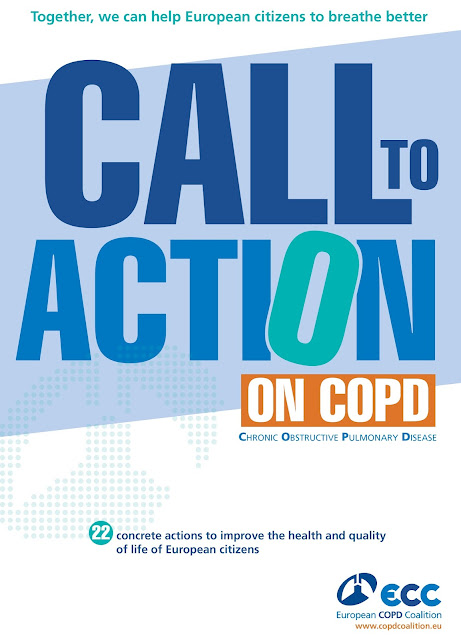Dear Respiratory Friends,
Today the COPD Foundation is launching COPD PRAXIS (Prevent and Reduce COPD Admissions through eXpertise and Innovation Sharing), an initiative aimed at improving COPD care and reducing preventable hospital readmissions.
PRAXIS
is a robust collaborative and multidisciplinary effort to advance the
scientific knowledge around how to reduce COPD readmissions and
facilitate the dissemination and implementation of best practices, tools
and new ideas. Front-line clinical providers across the care continuum,
those in charge of designing care delivery systems, policy makers,
healthcare solutions companies and more are looking for solutions to
help reduce COPD readmission rates. PRAXIS can help.
- See more at:
http://www.copdfoundation.org/Praxis/About-PRAXIS/Why-PRAXIS.aspx#sthash.dDVmuXYy.dpuf
PRAXIS
is a robust collaborative and multidisciplinary effort to advance the
scientific knowledge around how to reduce COPD readmissions and
facilitate the dissemination and implementation of best practices, tools
and new ideas. Front-line clinical providers across the care continuum,
those in charge of designing care delivery systems, policy makers,
healthcare solutions companies and more are looking for solutions to
help reduce COPD readmission rates. PRAXIS can help.
- See more at:
http://www.copdfoundation.org/Praxis/About-PRAXIS/Why-PRAXIS.aspx#sthash.dDVmuXYy.dpuf
The backbone of the project will be an interactive website containing:
- Discussion boards and a blog to facilitate sharing of best practices;
- A resource repository full of toolkits, articles, and promising practices related to improving COPD care and reducing readmissions;
- A learning center where we will host live, video, and paper professional development opportunities;
- A policy corner containing relevant policy statements and legislative news;
- An innovation center, where we'll keep the community up to date on promising new approaches and technology.
The site is LIVE at www.copdfoundation.org/PRAXIS.
Please forward this message to colleagues who may find this information
beneficial and let us know if you have any comments or questions at COPDPRAXIS@copdfoundation.org.
We look forward to seeing you there!



